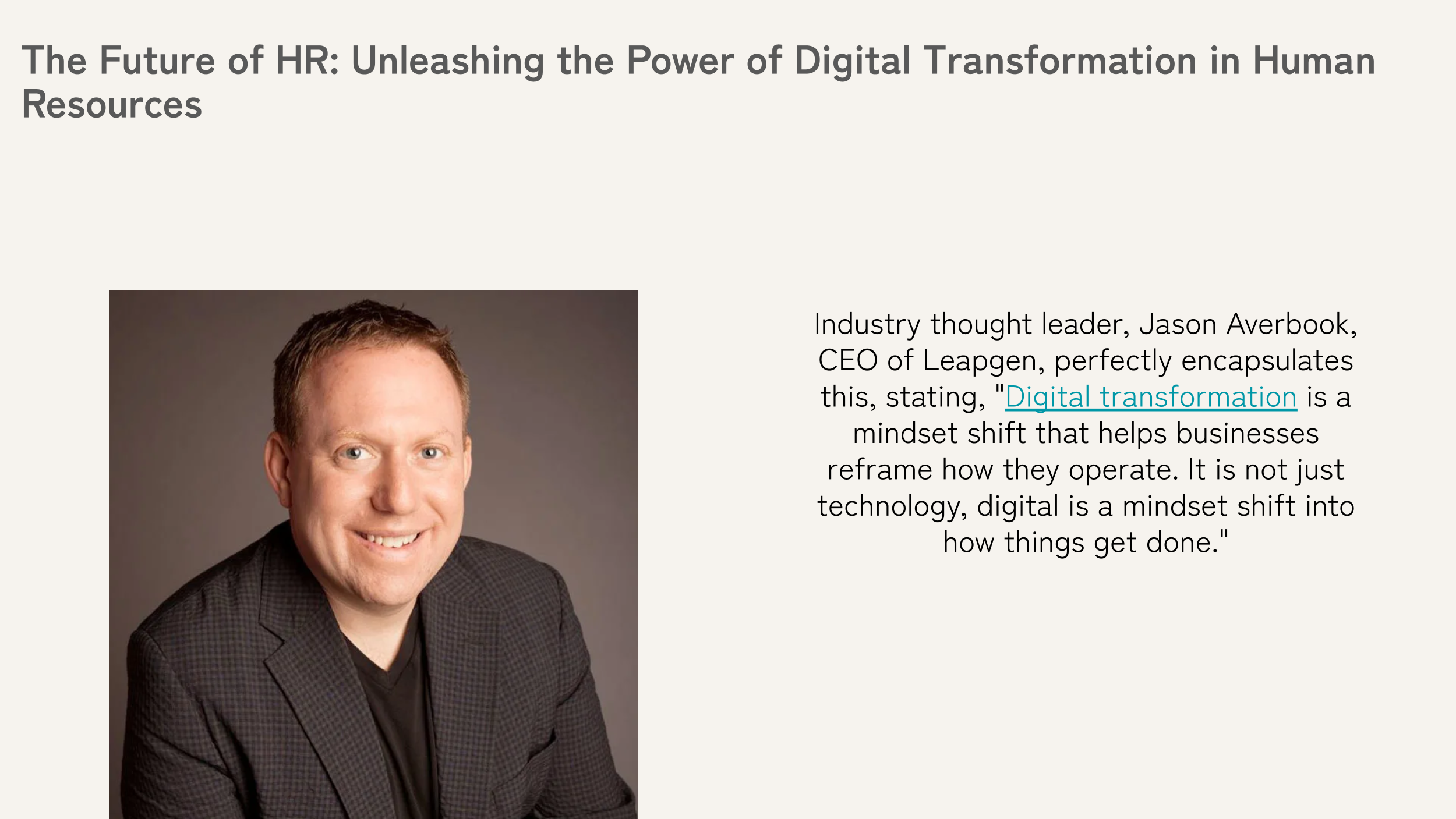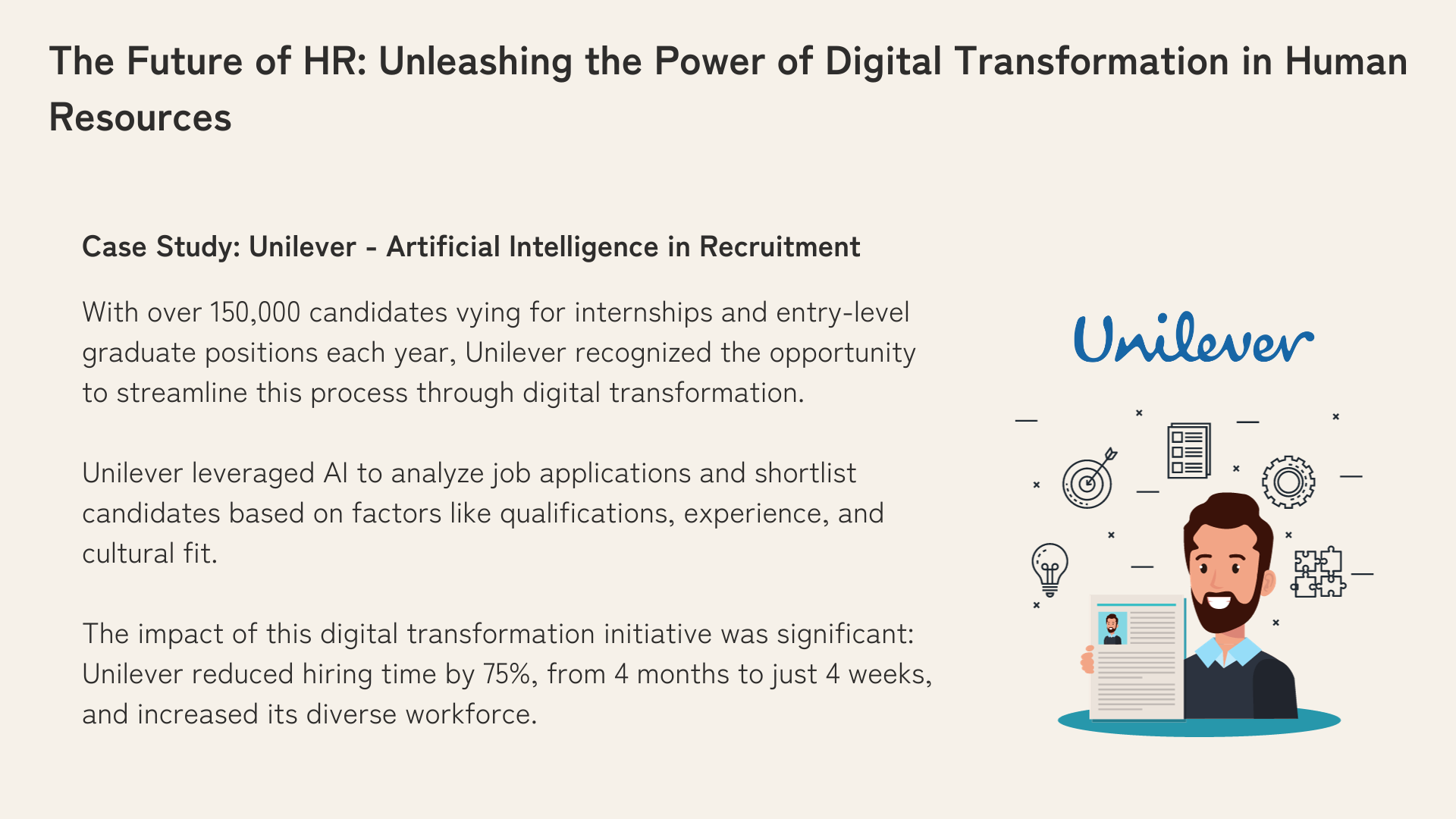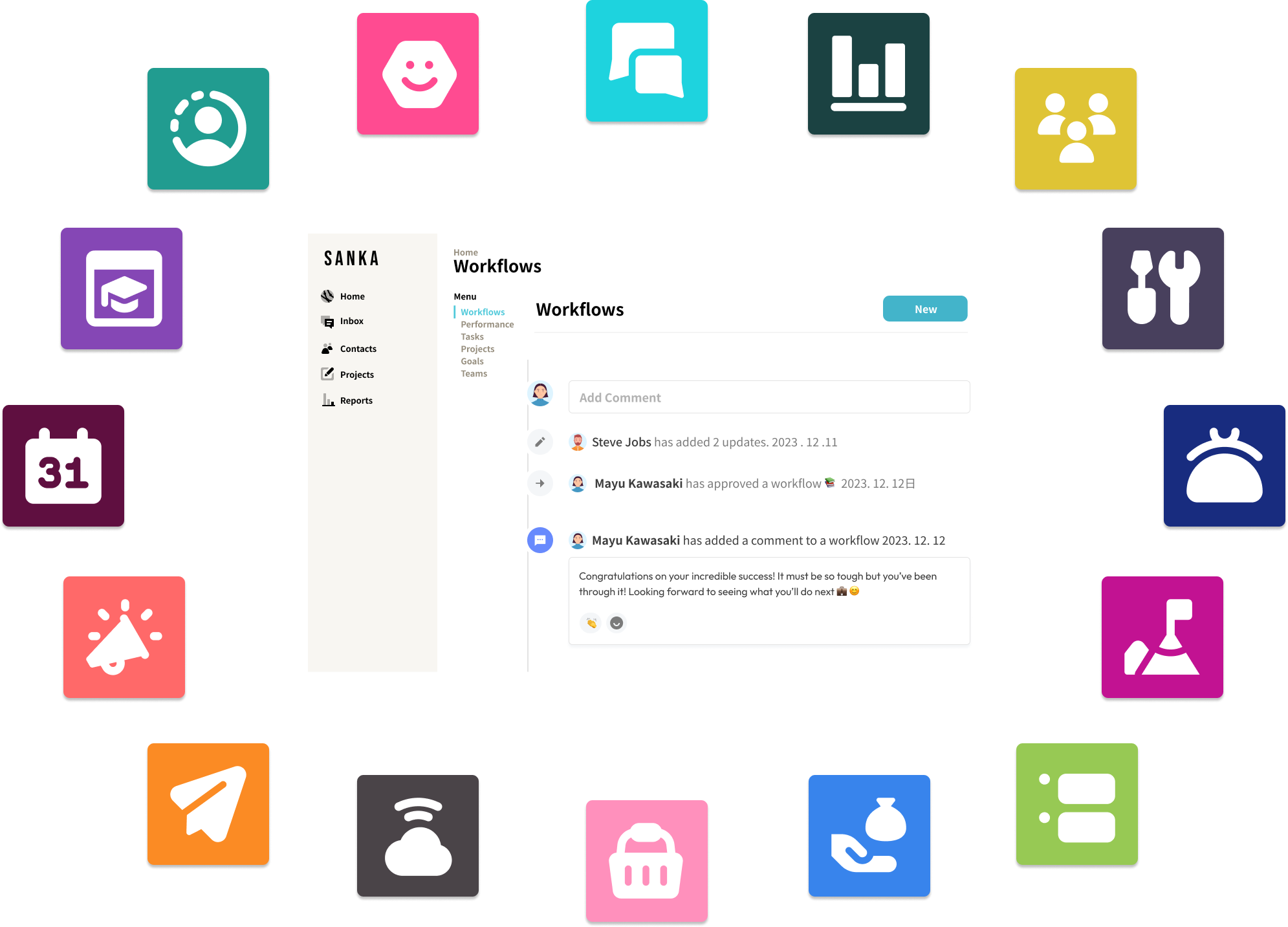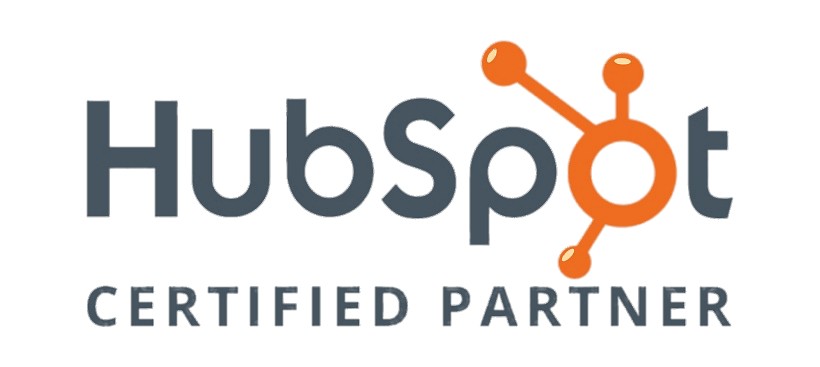Introduction
As we navigate through the digital age, businesses are recognizing the consequential need for transformation across all sectors, especially in Human Resources (HR).
Embracing digital transformation, companies are now revolutionizing HR operations, enhancing overall efficiency, and improving employee satisfaction.
This comprehensive guide takes you through the journey of digital transformation in HR, its strategies, benefits, challenges, and successful case studies.
What is Digital Transformation in HR?
Digital Transformation in HR, often referred to as HR digitalization, refers to leveraging digital solutions to enhance human resources practices.
Covering every facet of HR - from recruitment and performance management to employee development, benefits management, and more - digital transformation's primary objective is optimizing HR processes for improved efficiency, accuracy, and engagement.
According to a report by KPMG, 40% of HR leaders acknowledge that their organization needs to enhance its digital capabilities.
With a strategic implementation of digital tools and methodologies, HR can now perform its tasks more swiftly, reduce manual errors, and focus more on strategic roles.
Industry thought leader, Jason Averbook, CEO of Leapgen, perfectly encapsulates this, stating, "Digital transformation is a mindset shift that helps businesses reframe how they operate. It is not just technology, digital is a mindset shift into how things get done."
Therefore, effectively, digital transformation marks a significant shift in the HR function's paradigm - from being traditionally reactive and transactional to more proactive, strategic, and experience-oriented.

Key Areas of Digital Transformation in HR
#1 Digital Recruitment and Talent Acquisition
The advent of AI and machine learning has invigorated the recruitment process.
Online job portals, applicant tracking systems, and social media platforms are some of the tools that have facilitated efficient talent acquisition.
#2 Digital Learning and Development
E-learning platforms and digital training modules provide an adaptable approach that complements the diverse learning patterns of employees, ensuring continuous professional development.
#3 Digital Performance Management and Employee Engagement
Real-time performance monitoring software provides valuable insights and ensures constructive feedback, leading to improved employee engagement.
Digital platforms like intranet portals and social platforms enhance communication, driving collaboration and employee satisfaction.
#4 Analytics and Data-Driven Decision Making
Data analytics provide valuable insights on various HR aspects, from staffing and recruitment to workforce planning.
These insights help in strategic planning, ensuring efficient resource allocation, and proactive problem-solving.
The Benefits of Digital Transformation in HR
The wave of digital transformation is sweeping across all business sectors, and Human Resources (HR) has not been left out.
In today's digital age, HR digital transformation is no longer just an advantage but a necessity.
From automating time-consuming processes to guiding strategic decisions using data analytics, digital technology brings about numerous benefits.
Here's a closer look at the significant advantages of digital transformation in HR.
1. Increased Efficiency and Productivity
One of the hallmarks of digital transformation is automation which eliminates the need for time-consuming, manual processes.
Tasks such as recruitment, payroll processing, performance appraisal, and others can be significantly streamlined, making HR operations more efficient.
According to a recent report by Deloitte, companies that fully adopt digital HR technology see a 26% increase in HR efficiency.
2. Enhanced Talent Acquisition
HR technology like AI and machine learning has revolutionized recruitment processes.
Digital platforms, such as job portals and social media, have broadened the scope of reaching out to potential candidates.
Applicant tracking systems automate the candidate screening process, making it more time and cost-efficient.
Intelligent algorithms can help HR teams find the right fit based on skills, experience, cultural fit, and more.
3. Improved Learning and Development Opportunities
Digital transformation has also paved the way for more effective and personalized learning and development opportunities.
Through digital platforms, employees have access to online courses, webinars, and interactive learning modules that they can complete at their own pace.
This kind of personalized learning fosters a culture of continuous improvement and professional development.
4. Data-Driven Decision Making
Another significant advantage of digital transformation in HR is the capability of data-driven decision making.
HR analytics can provide valuable insights about recruitment efficiency, employee satisfaction, workforce performance, and various other aspects.
This data can help HR strategists make informed decisions to drive the organization forward.
5. Increased Employee Engagement
Modern workers, especially millennials and Gen Z, appreciate using digital tools at work.
These tools can increase communication, streamline tasks, and foster a culture of continuous feedback and improvement.
Platforms such as employee engagement apps, intranet portals, and social platforms promote interaction and drive engagement.
6. Enhanced Employee Experience
Digital transformation centralizes and streamlines HR processes, leading to a better employee experience.
For instance, self-service platforms allow employees to update their own information, apply for leaves, track their attendance, and more, promoting a sense of independence and control.
Moreover, intelligent automation can significantly reduce response time to employee queries, enhancing satisfaction.

7. Cost Savings
Digital transformation can enable considerable cost savings by automating routine tasks and reducing paper-based processes. Digital onboarding, for example, eliminates the need for physical paperwork and extensive manual labor, saving both time and money.
8. Strategic Role of HR
Digital transformation frees HR professionals from administrative tasks, allowing them to focus on more strategic roles such as organizational development, workforce planning, talent acquisition, and more.
This shift that empowers HR to contribute to the achievement of overall business goals.
Strategies for Successful Digital Transformation in HR
A successful digital transformation in HR requires strategic planning, careful execution, and continued evolution.
Here, we outline top strategies to guide your journey towards a successful HR digital transformation.
1. Develop a Clear Vision and Strategy
The journey towards successful digital transformation begins with a clear vision.
It is prudent to outline what you aim to achieve with the transformation, whether it's improving efficiency, enhancing employee experience, making data-driven decisions, or all of the above.
With the objectives defined, create a roadmap for digital transformation that considers the organization's pace of change, workforce readiness, resources, and budget.
Focus on long-term value, committing to an HR digital strategy that can evolve with advancing technology, changing business needs, and the dynamics of the workforce.
2. Invest in the Right Technology
There are countless HR tech solutions available today, covering all areas from talent acquisition to learning and development, and employee engagement.
Selecting the right technology is crucial to the success of the transformation.
Focus on the areas that are most consequential to your organization's success and would provide the biggest return on investment.
Also, ensure the technology is user-friendly and scalable to align with future growth.
Opt for vendors who not only provide excellent products but also offer valuable ongoing support and updates as required.
3. Focus on Change Management
Any change, especially digital transformation, can cause employees to resist due to fear of technological complexities or job loss.
Therefore, it's important to manage these seismic shifts through effective change management strategies.
Address the changes proactively, articulating the reasons behind the transformation and outlining the benefits it brings.
Organizational-wide education and training are critical to help employees adapt and gain the necessary technical competencies.
Also, engage champions from different departments who can advocate for the change, promoting positive attitudes towards the transformation.
4. Prioritize Data Security and Privacy
As the use of HR technology expands, so does access to sensitive employee data.
Therefore, robust data security measures should be a crucial part of your digital transformation strategy.
Invest in data encryption technologies, secure data storage, and robust access control systems to shield valuable data from external threats or inadvertent breaches.
Additionally, ensure your organization is compliant with regional and international data privacy regulations.
5. Empower HR with Necessary Skills
The HR function needs to be equipped with digital skills to effectively leverage the new technologies.
This requires a blend of technical know-how and strategic HR expertise.
Invest in professional development opportunities, encouraging HR professionals to embrace technology and understand its strategic implications.
This blend of skills will position HR teams to effectively drive digital transformation initiatives across the organization.
6. Measure and Evaluate Success
Last but not least, it's vital to constantly evaluate your digital transformation progress.
Identify key performance indicators (KPIs) that align with your transformation objectives.
These might include HR efficiency, employee engagement rates, average time to hire, HR service response times, among other metrics.
Regular monitoring will allow you to gauge the success of your transformation and make necessary adjustments.

The Challenges in HR Digital Transformation
Embarking on the HR digital transformation journey brings numerous advantages, with higher efficiency, improved employee engagement, and more strategic decision-making among its potential rewards.
However, it's crucial to address the challenges it may present to ensure a smooth and successful transition.
Let's explore the critical challenges in HR digital transformation in detail.
1. Resistance to Change
Change can be daunting, especially when it comes to widespread organizational processes.
Employees, particularly those accustomed to traditional HR practices, may resist embracing new technologies and digital solutions.
This resistance may stem from the fear of job loss due to automation, apprehension about technical know-how, and the general comfort of maintaining the status quo.
To overcome this resistance, organizations must invest in change management strategies that involve clear communication, organization-wide education, and training on the new tools and processes.
Addressing employee concerns, demonstrating the benefits of digital transformation, and engaging them in the implementation will help increase their buy-in and make the transition smoother.
2. Lack of Technical Understanding
The digital transformation in HR often involves implementing complex technology solutions that may require advanced technical understanding.
In many organizations, the HR team may lack technical expertise to understand and optimize these new tools to their full potential.
HR functions that have recently completed or are now undergoing a digital transformation see a lack of resources (43 percent) and skill inadequacies (51 percent) as the main obstacles to scaling up the transformation from its initial stages.
Providing comprehensive training sessions and upskilling programs will be essential to help the HR team familiarize themselves with the new technologies.
Furthermore, partnering with IT departments or external technology experts during the initial implementation phases will ensure a deeper understanding of the tools and solutions, ultimately fostering a successful transition.
3. Data Security and Privacy Concerns
With digital transformation, HR departments will have increased access to sensitive employee data and personal information.
Data security and privacy risks rise as companies store and process this vast amount of data via various digital tools and platforms.
Breaches in data security can lead to legal liabilities, reputational damage, and employee trust issues.
To mitigate data security risks, organizations must invest in robust cybersecurity measures, including data encryption, access control, and secure storage.
HR must also stay updated with privacy regulations and ensure strict adherence to these norms.
4. Integration and Scalability of Digital Solutions
Integrating new digital tools with existing systems can be a complex challenge, as some solutions may not be compatible with the organization's pre-existing software and infrastructure.
Moreover, as businesses grow and evolve, scalability becomes an essential factor in maintaining streamlined and efficient HR operations.
Organizations should opt for technology solutions that are compatible with their existing infrastructure and offer seamless integration.
They must also assess the scalability of the chosen digital solutions to ensure they can accommodate future growth and transformation without hindrance.
5. High Cost of Implementation and Maintenance
Implementing cutting-edge digital solutions entails considerable financial investment, from purchasing the technology to training employees and maintaining new tools.
Smaller organizations or those with limited budgets may find these costs overwhelming.
A cost-benefit analysis can help companies determine the return on investment for each digital solution.
Exploring open-source tools, flexible pricing models, and seeking expert consultation can also assist organizations in choosing the right technology for their needs while minimizing costs.
Also, planning a phased implementation approach can reduce the financial strain and allow for better adjustment and adaptation to new processes.
6. Selecting the Right Technology Solutions
The HR tech landscape boasts a plethora of solutions, ranging from applicant tracking systems to learning management tools to workforce analytics software, making it overwhelming for organizations to choose the right fit.
A thorough analysis of organizational needs and existing challenges will allow HR to prioritize their digital transformation goals.
Selecting technology solutions that align with these goals, are user-friendly, and have reliable support is essential for a smooth adoption process.
Conducting pilot tests and evaluating software through trial periods will also help companies make informed decisions.
Ready to digitally transform your HR practices? Choose Sanka!
We provide an integrated platform equipped with 20 business apps to streamline your HR operations, boosting productivity with AI and bots.
With Sanka you can conveniently handle tasks from talent reviews to onboarding all in one place.
Appreciate improved efficiency, cost reduction, and business growth on one platform.
Elevate your HR function to new heights today. Start your digital HR transformation journey with Sanka.
Click here to learn more! Sanka - your trusted partner in digital HR transformation.
Conclusion
In conclusion, HR digital transformation carries the potential to overhaul your HR operations.
From recruitment to performance management, it ensures a seamless, user-friendly experience, resulting in higher efficiency and improved employee satisfaction.
While it's challenging to adapt to new technology, the benefits far outweigh the barriers, making it a worthy investment.
Embrace the digital change, future-proof your HR operations, and steer your organization toward success.








